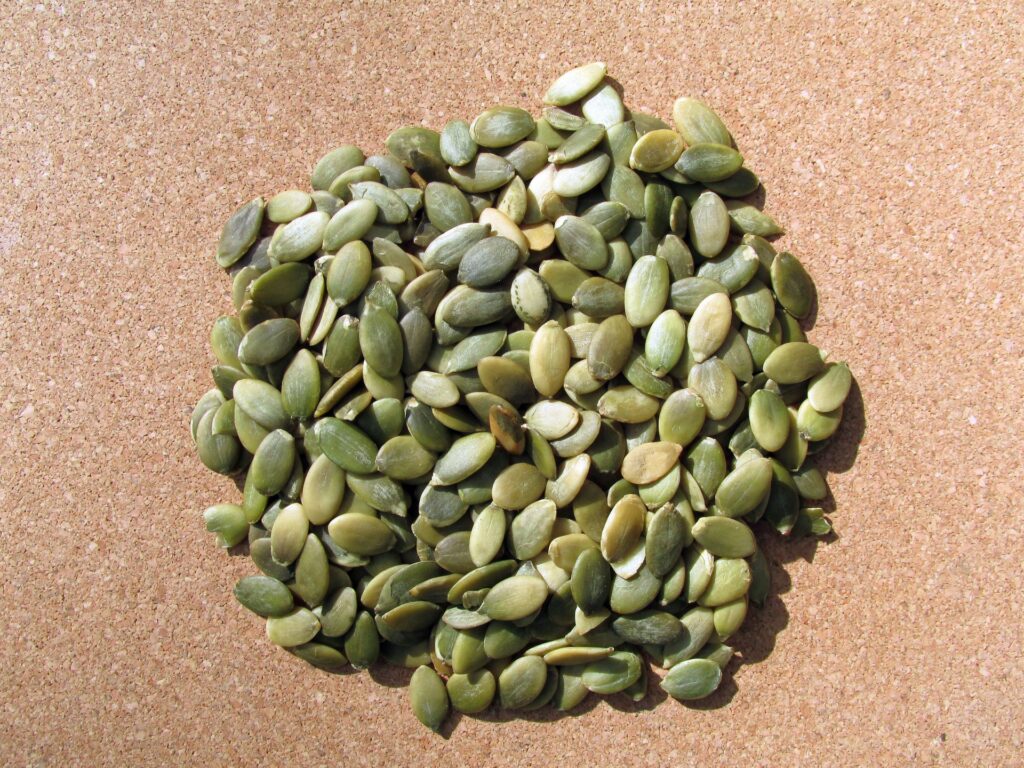Seeds and Controllables
by Ryan Krzykowski
 We say it all the time — “control the controllables”. It’s good advice, as there are plenty of things we have no control over. The weather, officiating, opponents’ preparation, and more, fall out of our control. And I’ve heard so many coaches over the years talk about the two things over which we have control: attitude and effort. The idea is to stop worrying about the things we can’t control, and focus on having a great attitude and giving great effort. Not sure anyone would argue with that — it sounds like a perfect formula for success.
We say it all the time — “control the controllables”. It’s good advice, as there are plenty of things we have no control over. The weather, officiating, opponents’ preparation, and more, fall out of our control. And I’ve heard so many coaches over the years talk about the two things over which we have control: attitude and effort. The idea is to stop worrying about the things we can’t control, and focus on having a great attitude and giving great effort. Not sure anyone would argue with that — it sounds like a perfect formula for success.
But does anyone show up to a practice or game planning to have a bad attitude or give a poor effort? Probably not very often. So where do the bad attitudes and poor efforts come from and how do we minimize their frequency? I’ve been thinking about this one quite a bit lately, and I’m convinced that while talking about attitude and effort is helpful, to really dig into attitude/effort we need to go beneath the surface. If attitude/effort are the visible result, the part of the tree above the ground so to speak, what are the seeds they grow out of? What are the core values that are embedded into who we are, under the surface, that manifest as the behaviors we display for all to see? That’s what I’ve been talking to students/athletes about over the past month — challenging and encouraging them to put thought into who they want to be. What are their core values? Why did they choose those? And how can they live into those values, especially when they don’t feel like it? Is that being a phony…doing something or making a certain decision when we don’t feel like it? I remember hearing a wise friend say there’s nothing more authentic than deciding who we are, something we have control over, and living out the decision we’ve made about who we want to be, even when we don’t want to. That’s powerful. That’s real.
Let’s help young people plant seeds — help them establish core values.
Let’s Coach With Purpose…

Great job (as always)!
Hi Coach – good stuff. I’d like to submit to you and anyone else reading this that, for our athletes, the idea of their ability to control the controllables starts with us allowing that to happen. What I mean here is that from a very young age kids today are so structured through their days… every moment is planned out. I don’t want to paint with too broad a brush here, but I do have some strong opinions that more unstructured time would allow kids to experience more uncontrollables at a younger age, and they would learn to handle them better. That is not to say that some structure is a not vital part of development for them (naps, eating, care routines, etc) and certainly some of it needs to be more rigid than others; but kids need to learn to handle unstructured time for themselves. As adults we schedule so much of their lives (play dates, sports lessons, activities, etc) that their entire day is just one big routine. We have not given them a chance to learn for themselves how to handle the non-routine moments. So when we tell athletes to control the controllable, many lack that experience and cannot relate, and are therefore unable to apply that instruction very well on the sports field where the stress is even higher than at home or on the playground.
Good thoughts Jeff — appreciate the ideas.